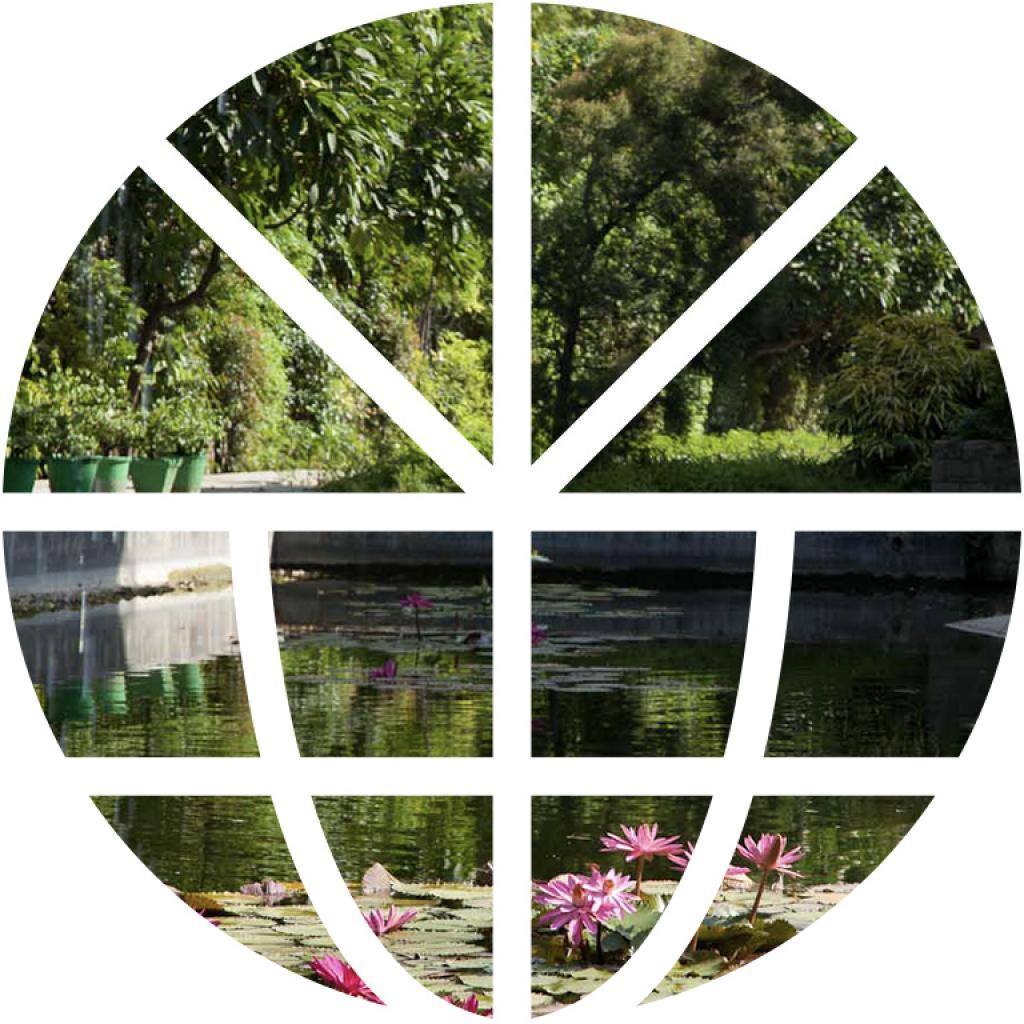NATURAL CULTURAL LANDSCAPES AND SUSTAINABLE SCIENCES
Sustainability Science: Transdisciplinary Ecological Dimensions
Speaker: Prof. P.S. Ramakrishnan. School of Environmental Sciences, Jawaharlal Nehru University
Chair: Dr.(Smt.) Kapila Vatsyayan
Working with local communities, and linking the "˜traditional ecological knowledge' available with them which is based on an "˜experiential process', and appropriately linking the same with text-book based "˜formal ecological knowledge', such an approach is seen as the key to address a value system based sustainability related issues that is community participatory.
First in a series of four programmes on The Natural Cultural Landscapes and Sustainable Science with a special focus on agriculture and forests. The series aims to look at the traditional and the modern scientific systems together with the possibilities of convergence between the two to create a more ecologically sensitive and sustainable system suited to the demands of modern development

